Download National Digital Education Guidelines for AI in Education – Tanzania
The rapid advancement of Artificial Intelligence (AI) is transforming industries globally, driving innovations across various sectors.
In education, AI is enhancing efficiency, reducing costs, and improving outcomes by addressing resource constraints, supporting personalized learning, and promoting inclusivity.
AI tools provide individualized learning resources, adaptive assessments, and virtual tutors tailored to each learner’s unique needs, while enhancing inclusivity through tools like speech-to- text applications and language translation services that support learners with disabilities.
Additionally, AI automates grading, utilizes analytics for timely feedback, and helps educators identify areas needing support, reducing workloads and improving learning outcomes.
Countries such as China, the United States, and Finland have integrated AI into their education systems with significant success.
China employs AI for personalized tutoring and learning analytics, the United States creates adaptive learning environments, and Finland focuses on supporting learners with disabilities, enhancing accessibility.
These initiatives have improved student engagement, streamlined administrative processes, and made education more efficient and adaptive, demonstrating AI’s potential to make education more inclusive and effective globally, particularly in resource-limited settings.
Download National Digital Education Guidelines for AI in Education – Tanzania







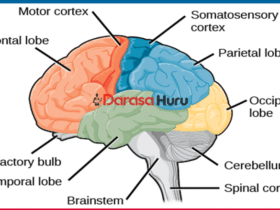



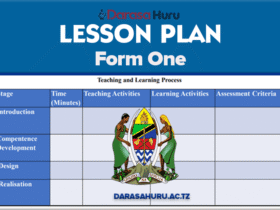






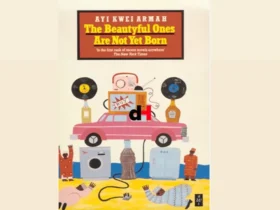



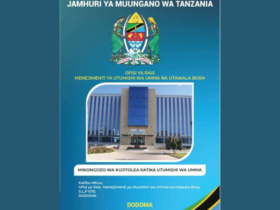
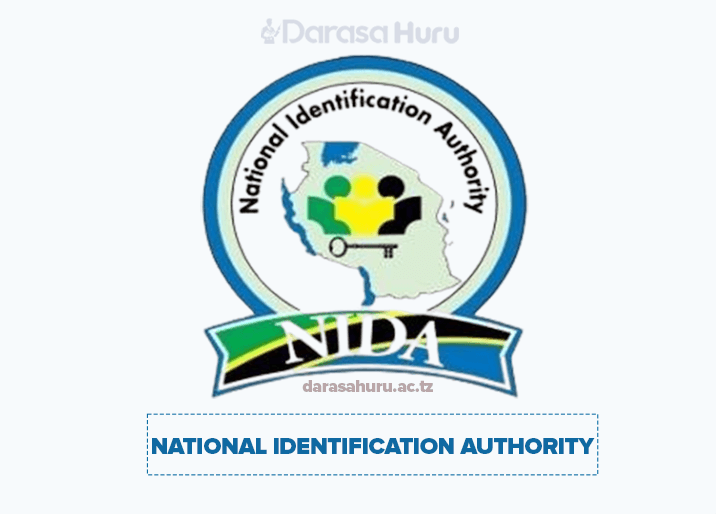

















Leave a Reply